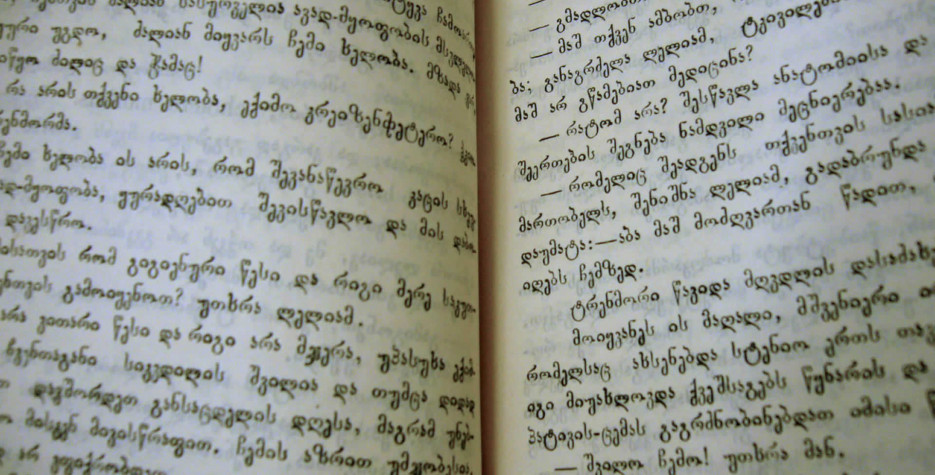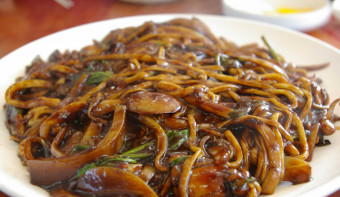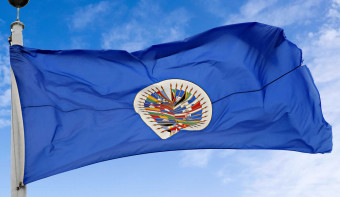About Mother Language Day
On April 14, 1978, thousands of Georgians, including students, professors, and teachers took to the streets of Tbilisi in protest against the Soviet government’s decision to remove words in the Georgian Constitution solidifying Georgian as the state language.
The Soviet government was forced to retract its decision and retain Georgian as the official state language in Georgia
Georgian language, which is written in its own unique writing system and has 33 letters in the alphabet, was granted the national status of cultural heritage in Georgia and was added to UNESCO’s list of Intangible Cultural Heritage of Humanity in 2016.
The Unique Language of Georgia
Nestled in the heart of the Caucasus region lies a linguistic gem that has fascinated scholars and language enthusiasts for centuries: the Georgian language. With its rich history, unique alphabet, and distinct grammatical structure, Georgian stands out as one of the world's most fascinating and enigmatic languages.
A Language of Ancient Origins
Georgian, or Kartuli, boasts a history that stretches back over two millennia. Belonging to the Kartvelian language family, it is the official language of Georgia and is spoken by approximately 4 million people worldwide. Its roots can be traced to the ancient kingdom of Iberia (not to be confused with the Iberian Peninsula), where it developed alongside the country's rich cultural heritage.
The Georgian Alphabet: A Work of Art
One of the most striking features of the Georgian language is its unique alphabet, known as Mkhedruli. Developed in the 10th century, Mkhedruli is a masterpiece of calligraphy, with each letter meticulously crafted to resemble a work of art. Comprising 33 characters, the alphabet is phonetic, meaning each symbol represents a distinct sound. What sets Mkhedruli apart is its elegant curves and intricate strokes, making it both visually stunning and functional.
A Linguistic Isolate
Georgian's uniqueness is further underscored by its status as a linguistic isolate, meaning it has no known relatives. While Kartvelian languages include Svan, Mingrelian, and Laz, Georgian itself stands alone, making it a linguistic enigma. This isolation has allowed Georgian to develop independently, preserving ancient grammatical structures and vocabulary that are unlike any other language in the world.
Complex Grammar, Simple Elegance
At first glance, Georgian grammar may seem daunting to language learners, with its intricate system of verb conjugations, noun declensions, and grammatical cases. However, beneath its complexity lies a remarkable simplicity. Georgian grammar is highly regular and systematic, with clear rules governing its usage. Once mastered, its structure reveals a beauty and elegance that is both satisfying and rewarding.
Language of Poetry and Song
Georgian culture has a deep appreciation for poetry and music, and the language itself lends itself beautifully to artistic expression. From ancient epic poems like "The Knight in the Panther's Skin" by Shota Rustaveli to modern folk songs and ballads, Georgian literature and music are inseparable from the language itself. The rhythmic cadence of Georgian verse and the melodic quality of its words have captivated audiences for centuries, earning it a place among the world's most lyrical languages.
Preserving Tradition in a Modern World
Despite the pressures of globalization and modernization, Georgian remains a vibrant and thriving language, deeply ingrained in the cultural fabric of its homeland. Efforts to preserve and promote the language have been bolstered by initiatives to teach Georgian in schools and universities, as well as the proliferation of Georgian literature, music, and cinema.
The Georgian language stands as a testament to the rich tapestry of human linguistic diversity. From its ancient origins to its modern-day revival, Georgian continues to captivate and inspire with its beauty, complexity, and unique charm. As the world becomes increasingly interconnected, languages like Georgian remind us of the importance of preserving and celebrating the diverse voices that enrich our global community.
Other Observances on April 14th 2025
National Pan American Day
Read More






